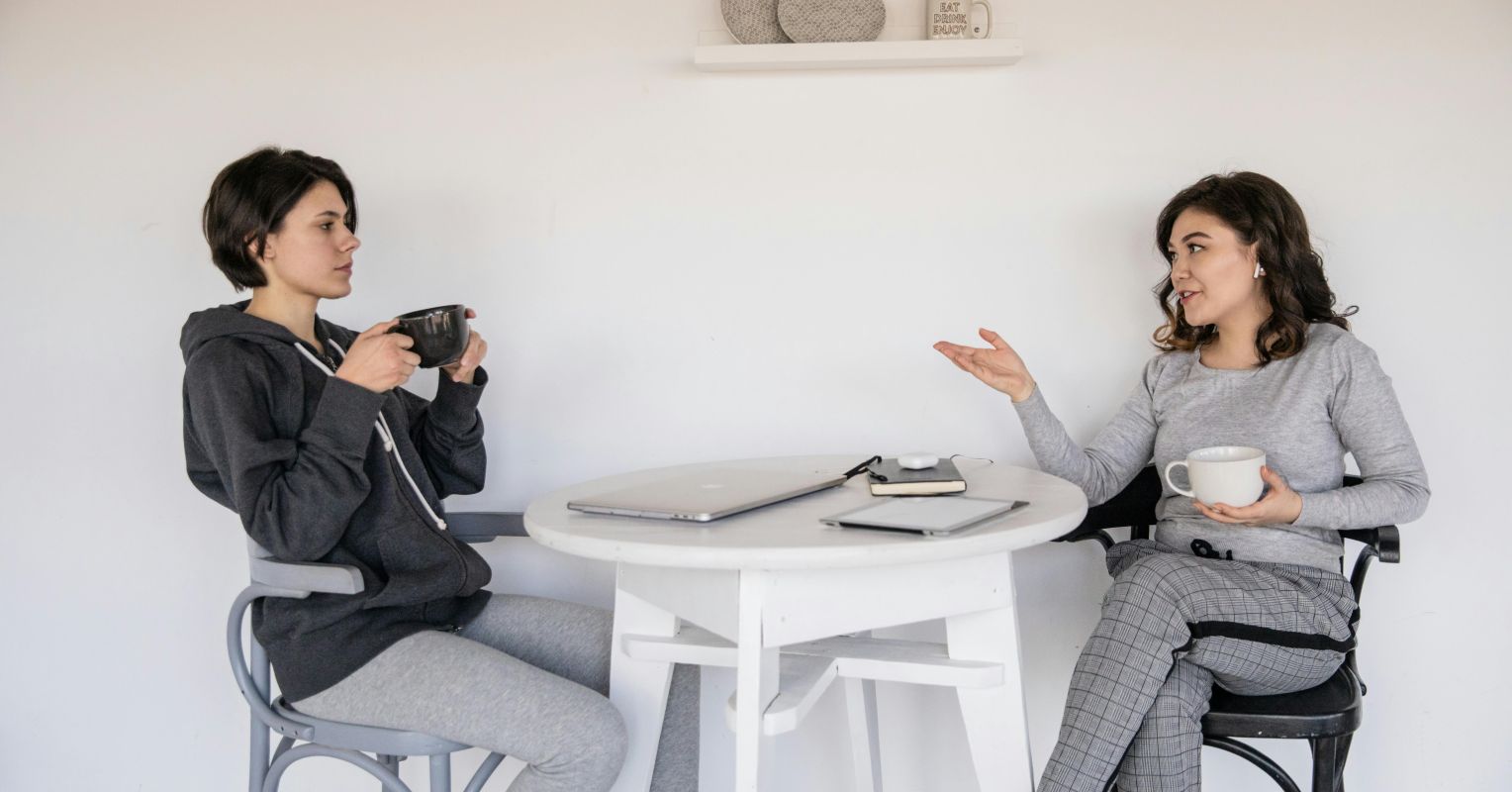970x125
We all need to share what weighs on our hearts. Daily exchanges with those we love are one of the main ways we sustain intimacy and trust. Yet there is a difference between healthy connecting and what I call dumping.
Dumping vs. Connecting
Dumping happens when one person pours out unprocessed frustrations without awareness of the impact on the other. The dumper may walk away feeling lighter, but the other is left carrying the weight. Over time, they can feel drained, anxious, or resentful. The relationship space becomes murky.
Healthy connecting looks very different. Both people leave the exchange with a sense of fulfillment. One feels comforted, and the other feels valued for the support they offered. The conversation is reciprocal. After listening, the other partner is also invited to share about their day, their worries, or their joys. The energy flows in both directions.
The Power of Framing
One of the simplest ways to reduce the potential for dumping is to frame your needs clearly before you begin. You might ask, Do you have the time and space for a chat right now? You can also be specific about what you are asking for:
- “I need you to just listen.”
- “I would love your advice.”
- “Can you reflect with me on this situation?”
- “I need comfort more than solutions right now.”
This small step honors where your partner is and respects their capacity. It helps them know how best to show up for you.
Think of your relationship as a glass of clear water. Each interaction is like a drop added to the glass. Encouragement makes the water brighter, laughter gives it sparkle, and thoughtful listening keeps it clear. But if what you pour in is constant heaviness, the water becomes cloudy and uninviting. Protect the clarity of that water by noticing what you add each time you connect.
Literacy: Here Is What You Need to Know Before You Act
- Sharing is not the same as dumping. Sharing is reciprocal and leaves both parties nourished.
- Dumping may relieve one person temporarily, but it burdens the other and muddies the relational space.
- Every relationship role matters: confidant, cheerleader, playful companion, co-creator of dreams. But dumpster should not be one of them!
Fluency: Let’s Put What You Know Into Practice
- Frame before you share. Ask if your partner has the time and capacity. State whether you want listening, advice, reflection, or solutions. I cannot emphasize the importance of this enough.
- Diversify your processing spaces. Journal, talk to a therapist or coach, go for a walk, or listen to something that helps you metabolize emotions before you bring them to your closest circle.
- Invite reciprocity. After sharing, ask about your partner’s experience. Create space for their voice, too.
- Be mindful across relationships. This is not only about couples. Children, parents, friends, colleagues, and bosses also live in relational spaces with us.
Let me know how this served you in your relational spaces.
To find a therapist, visit the Psychology Today Therapy Directory.



